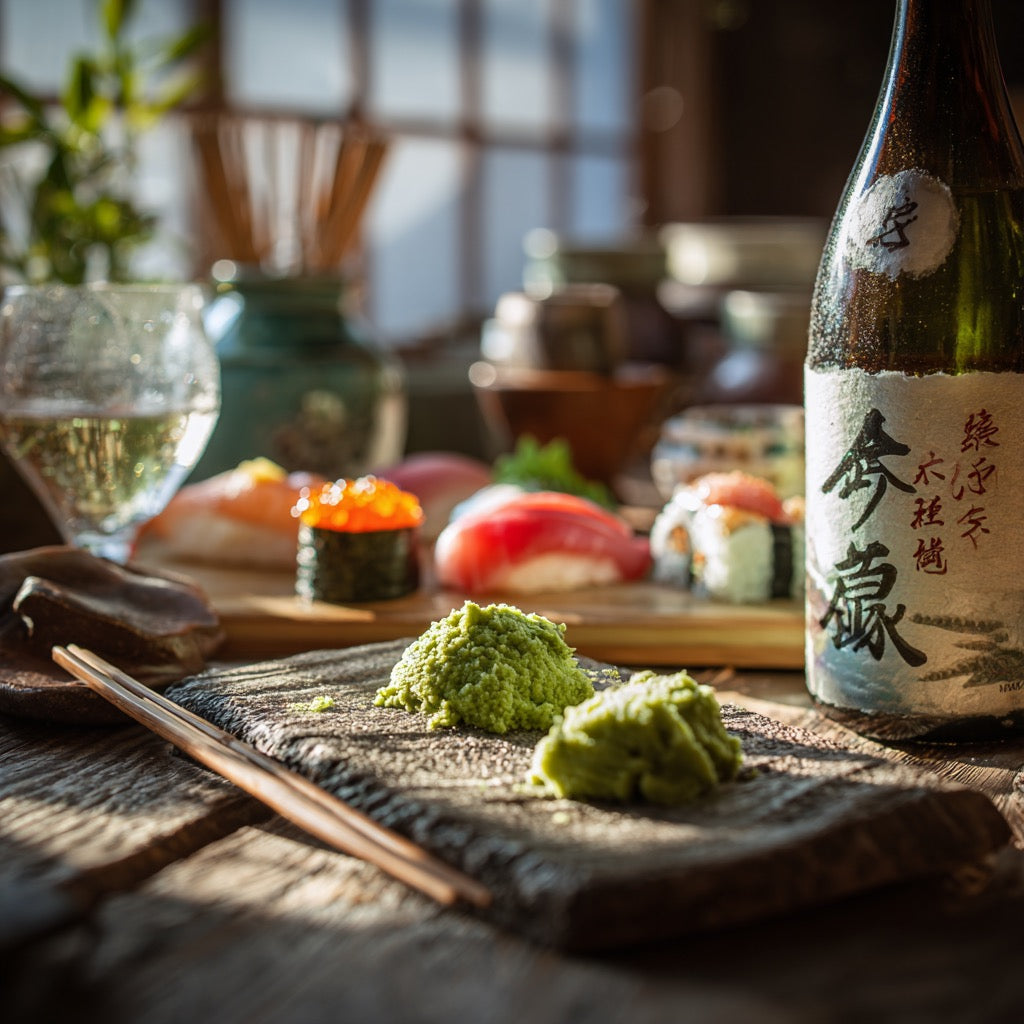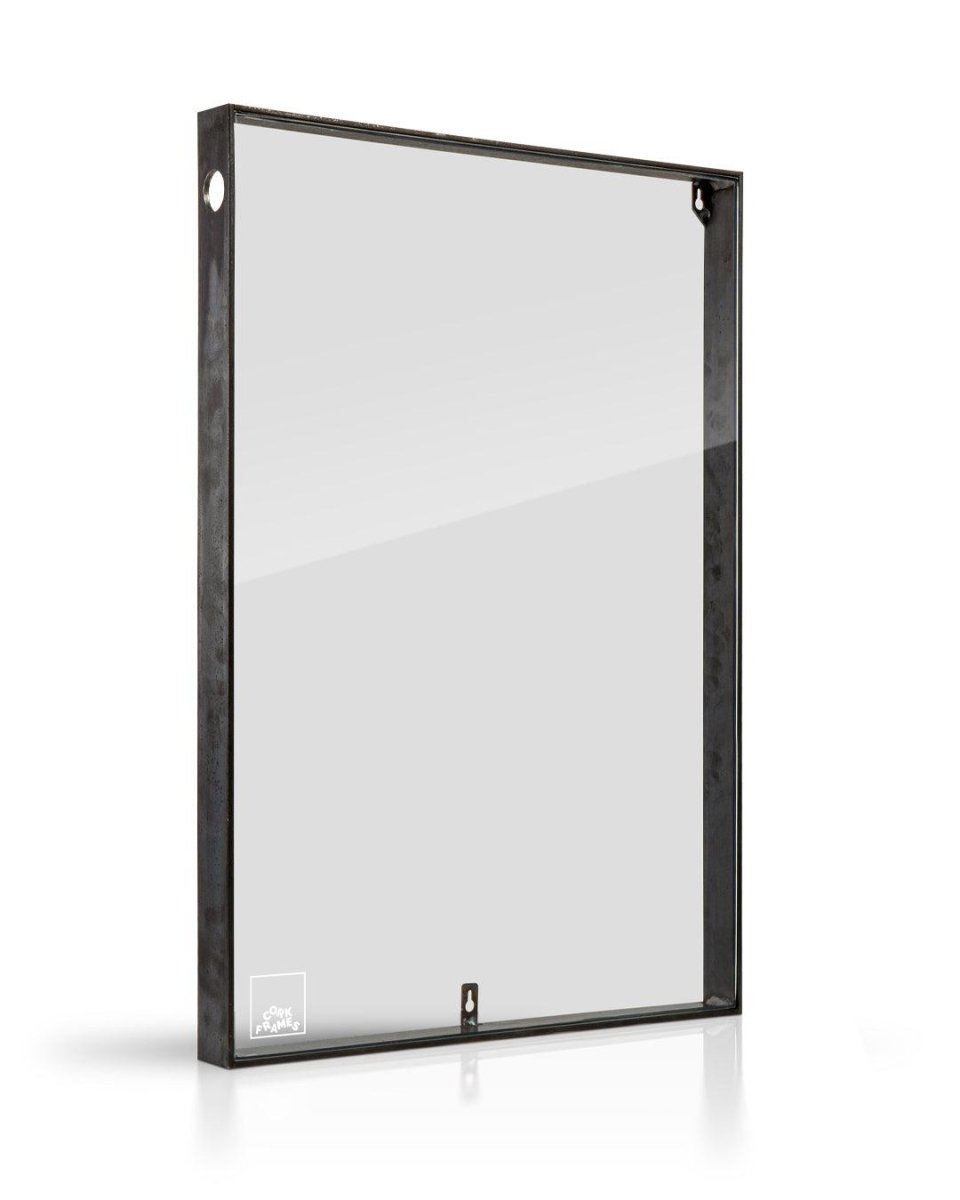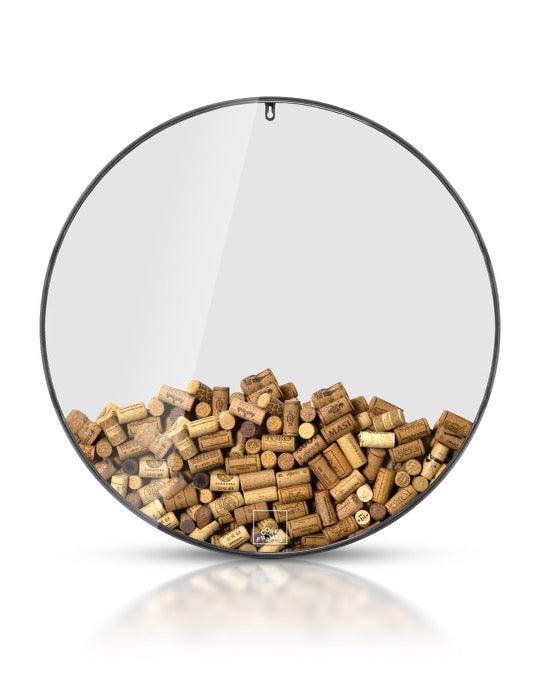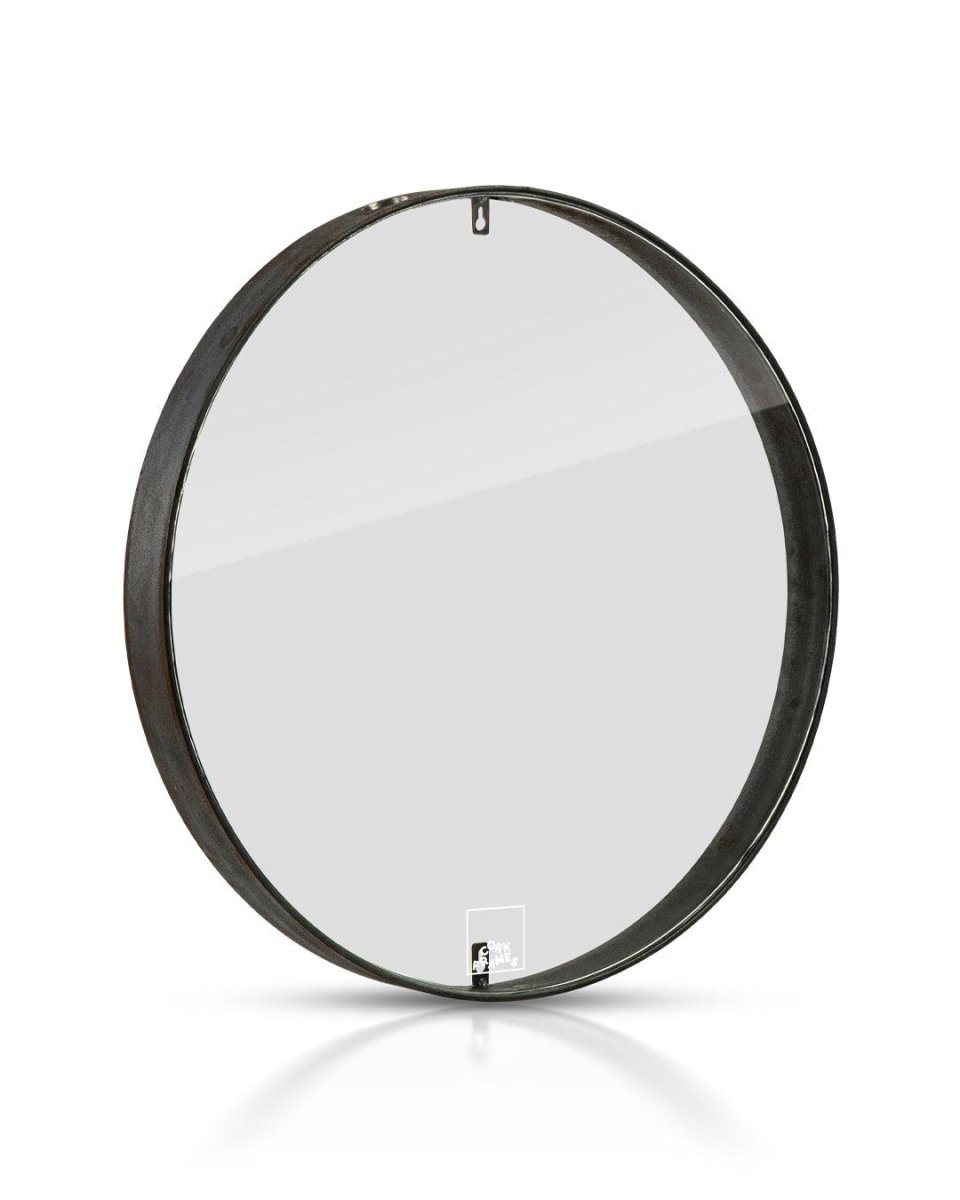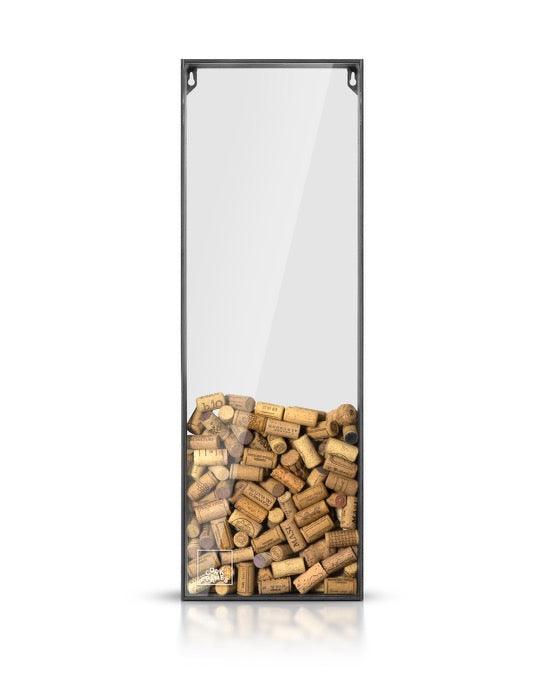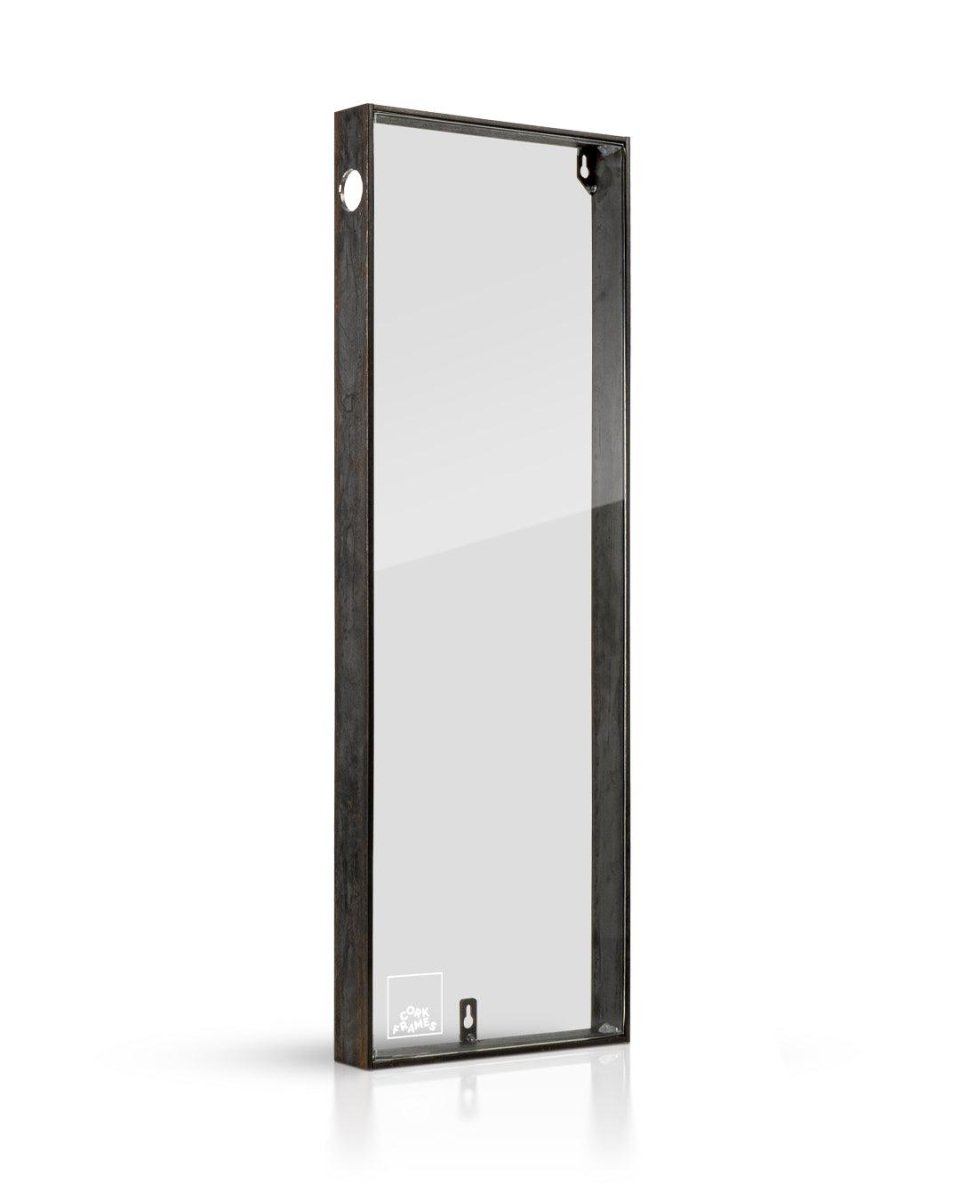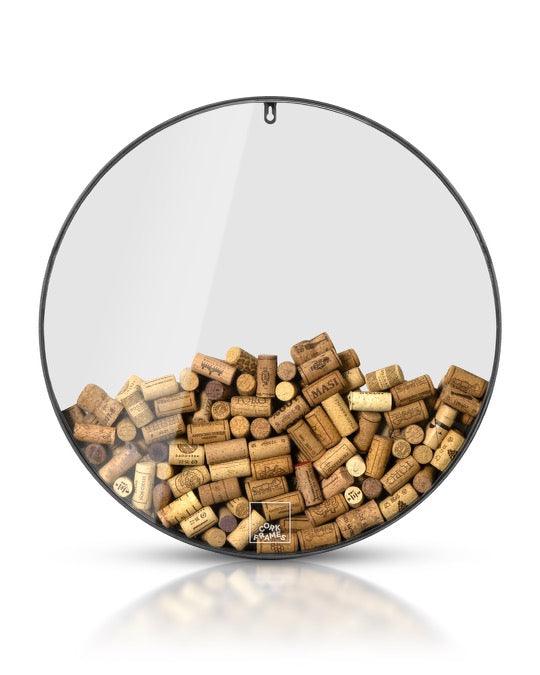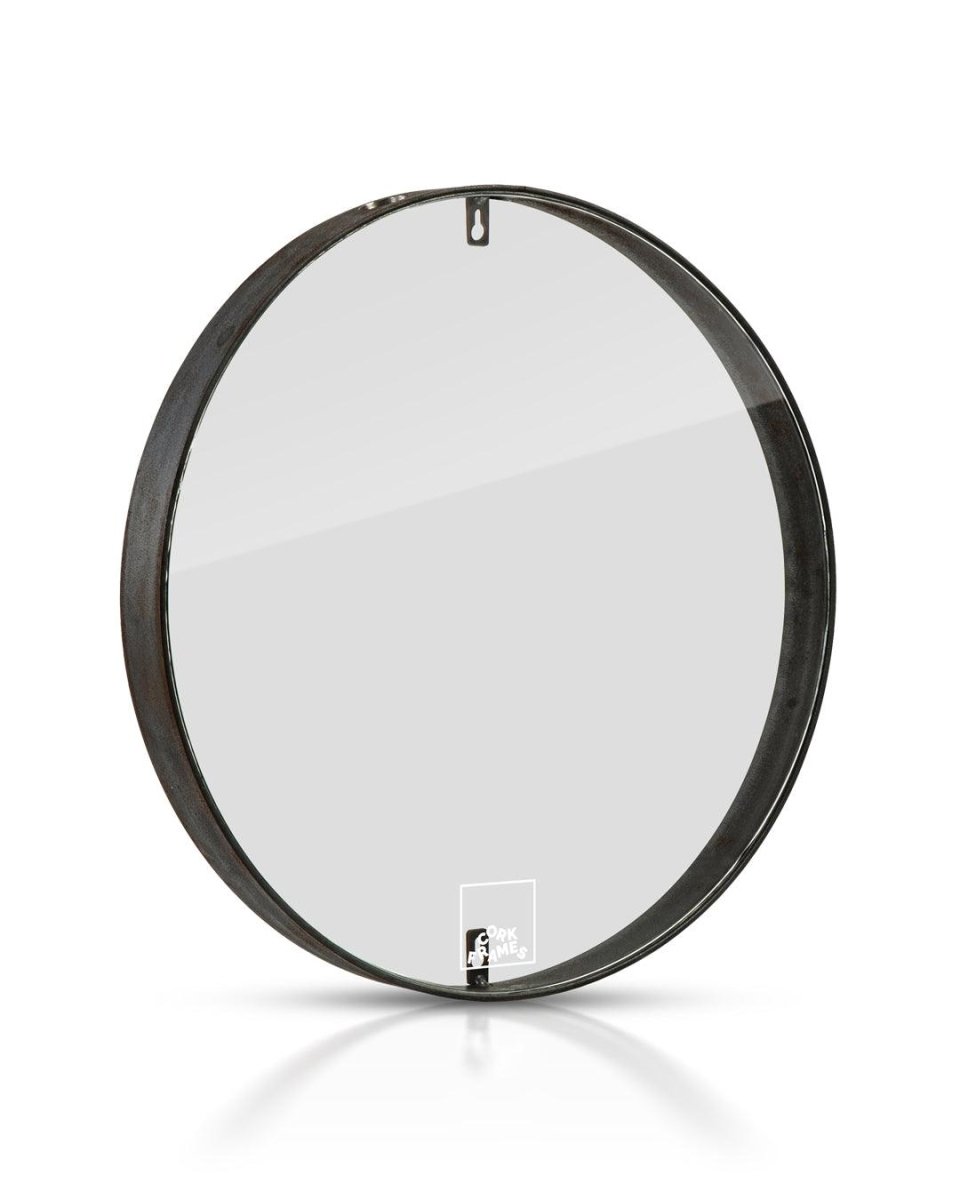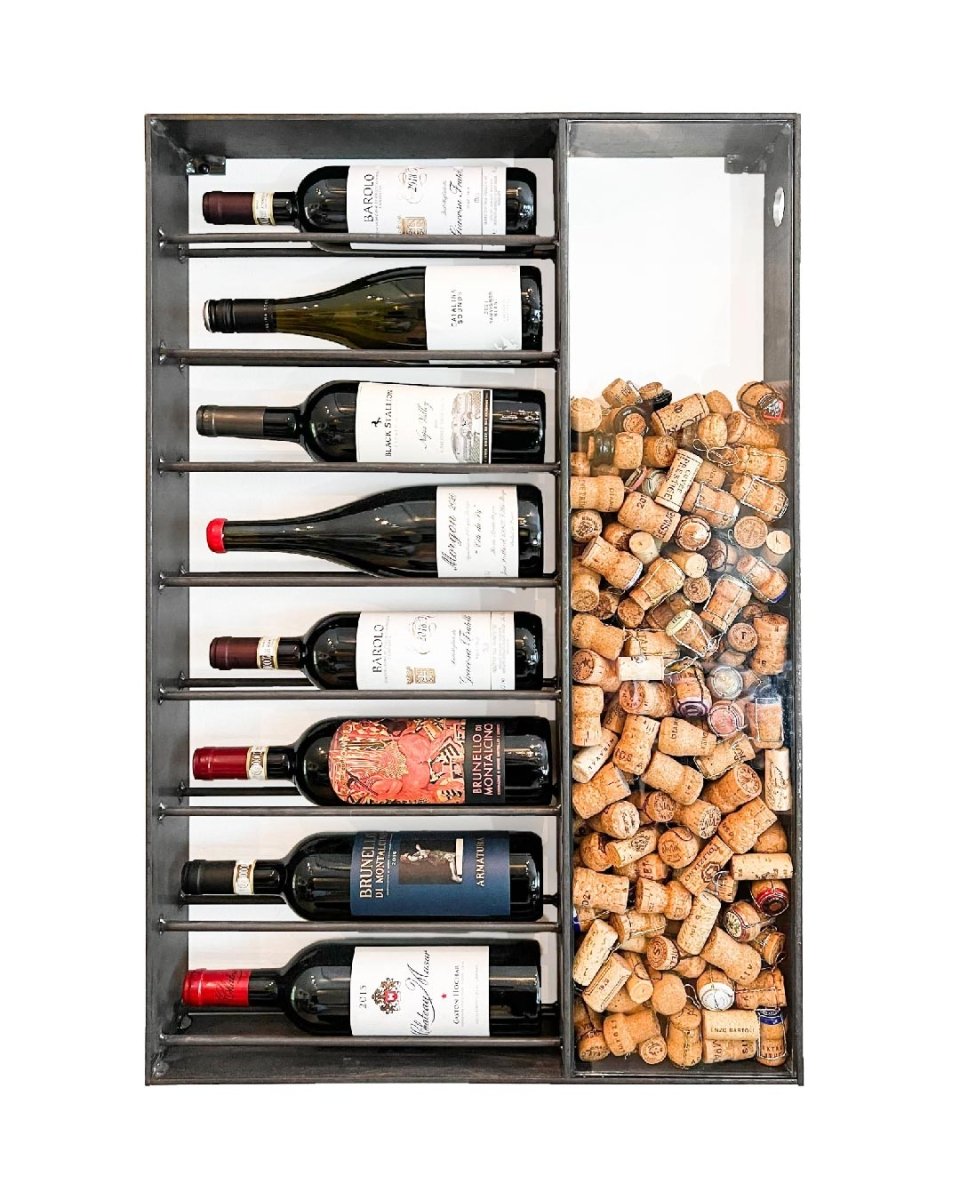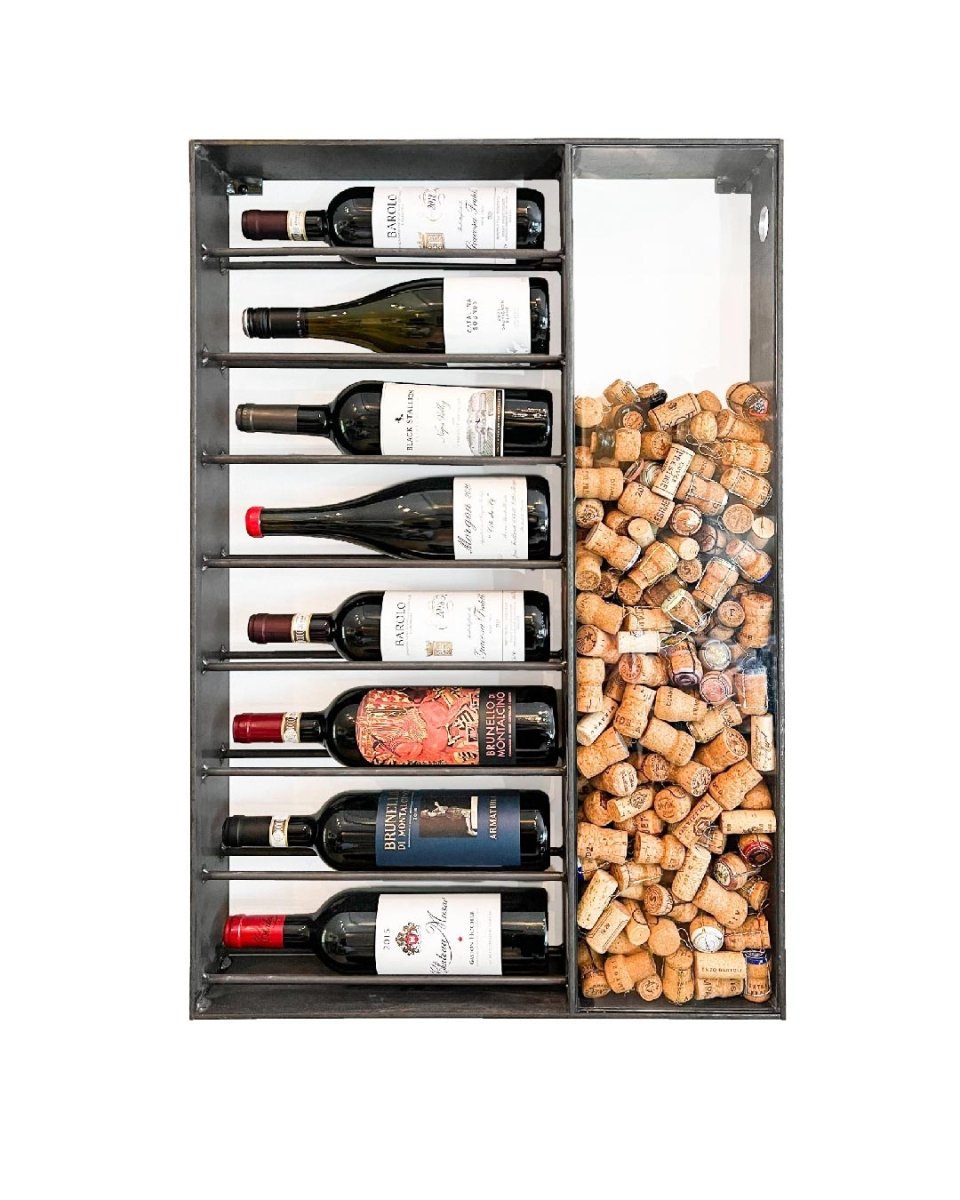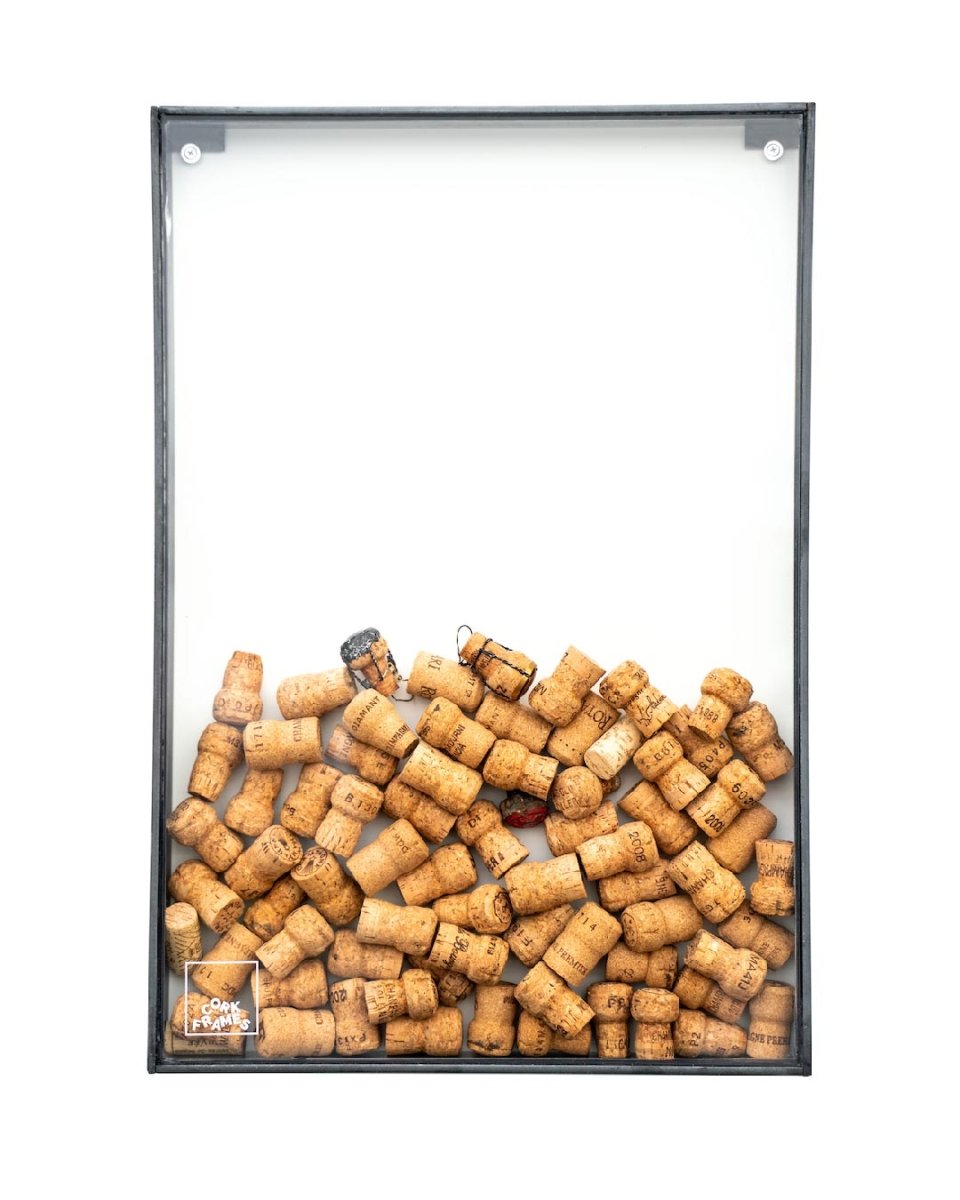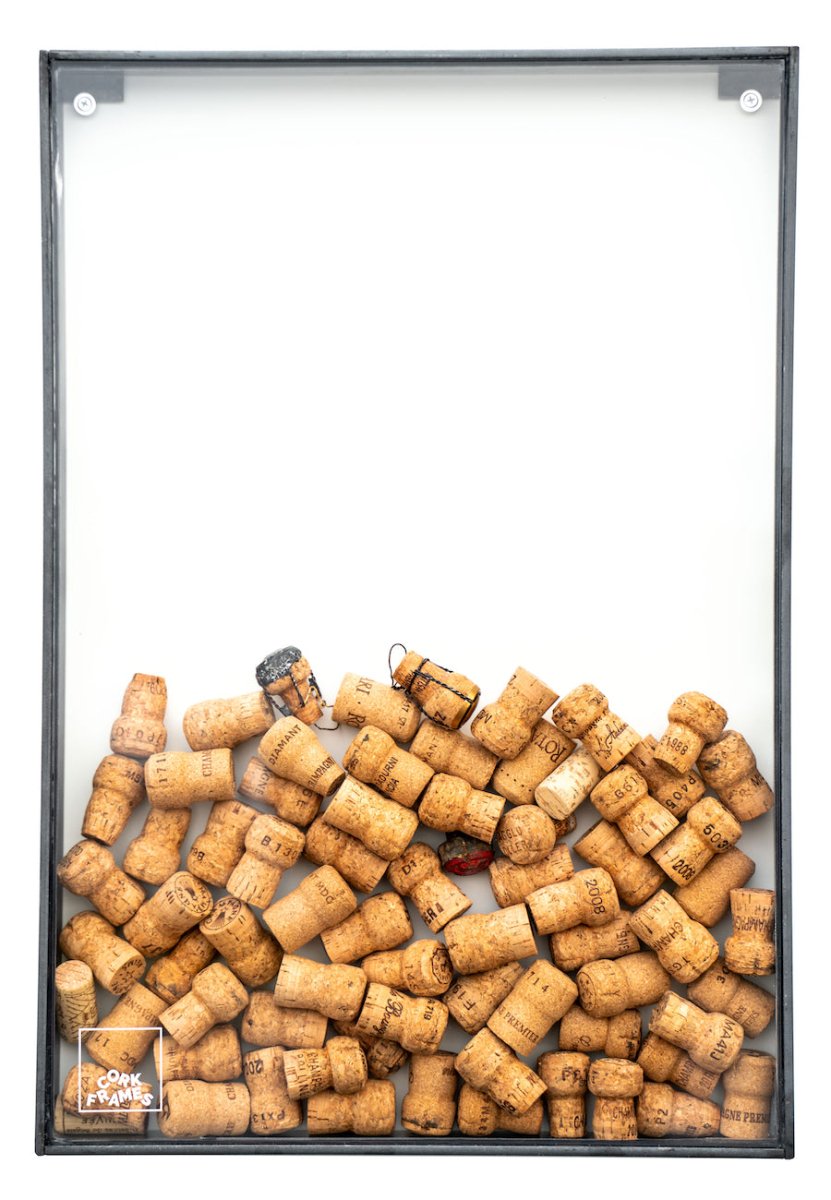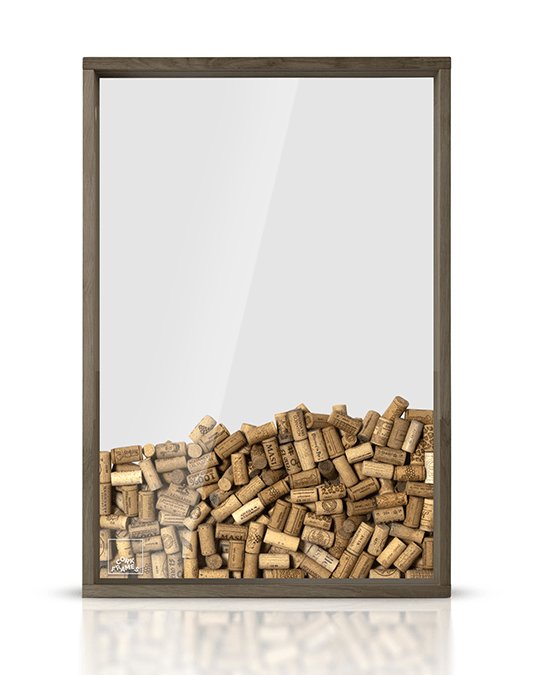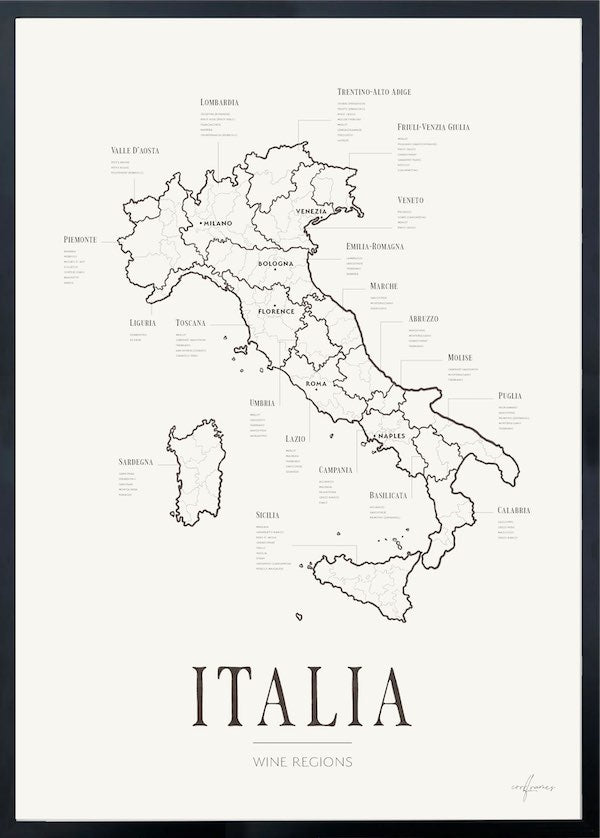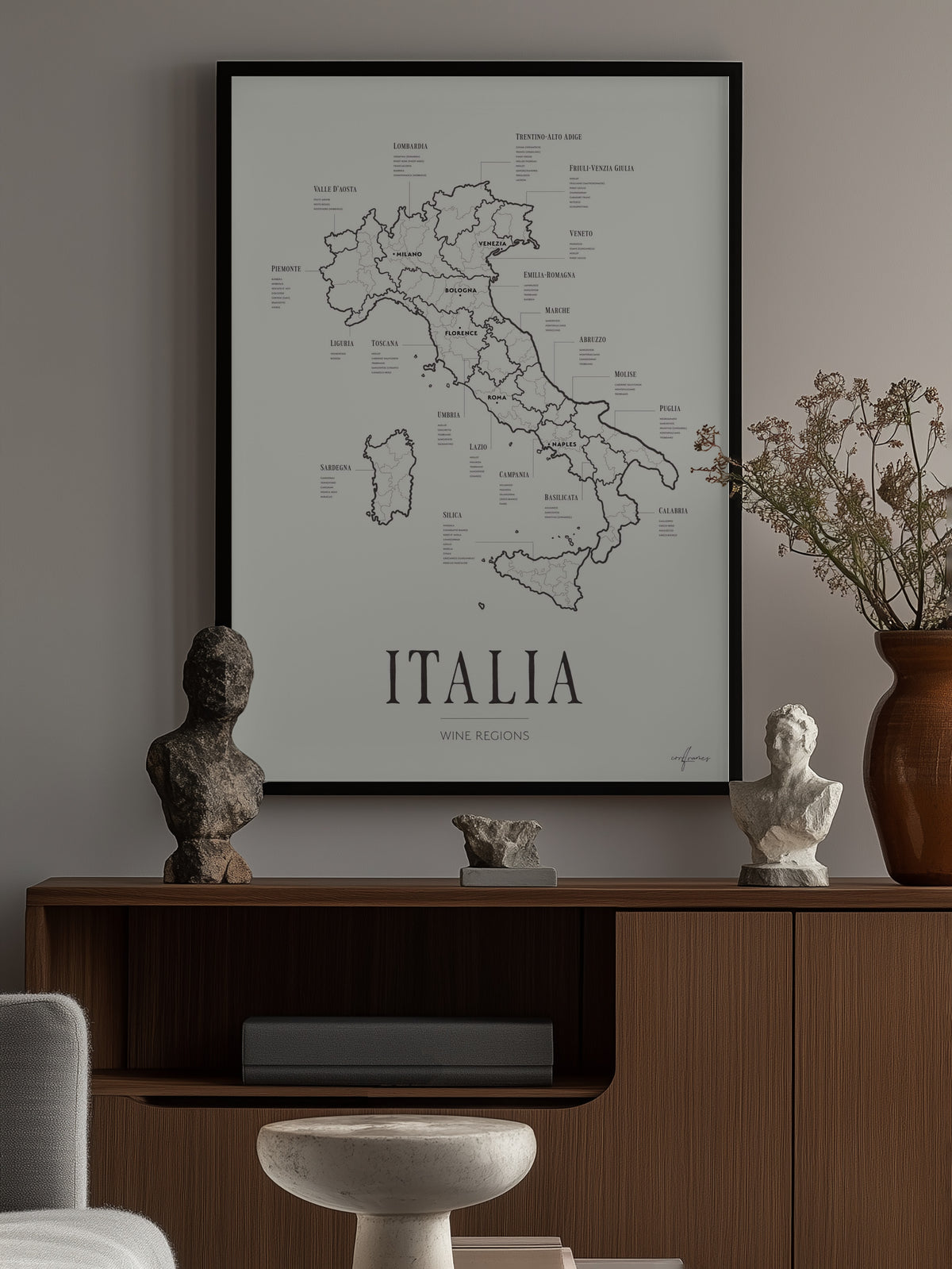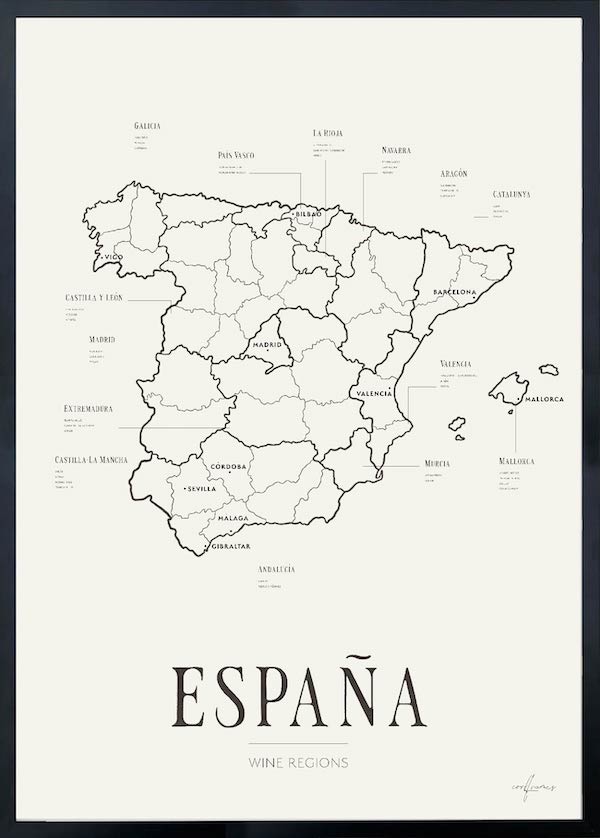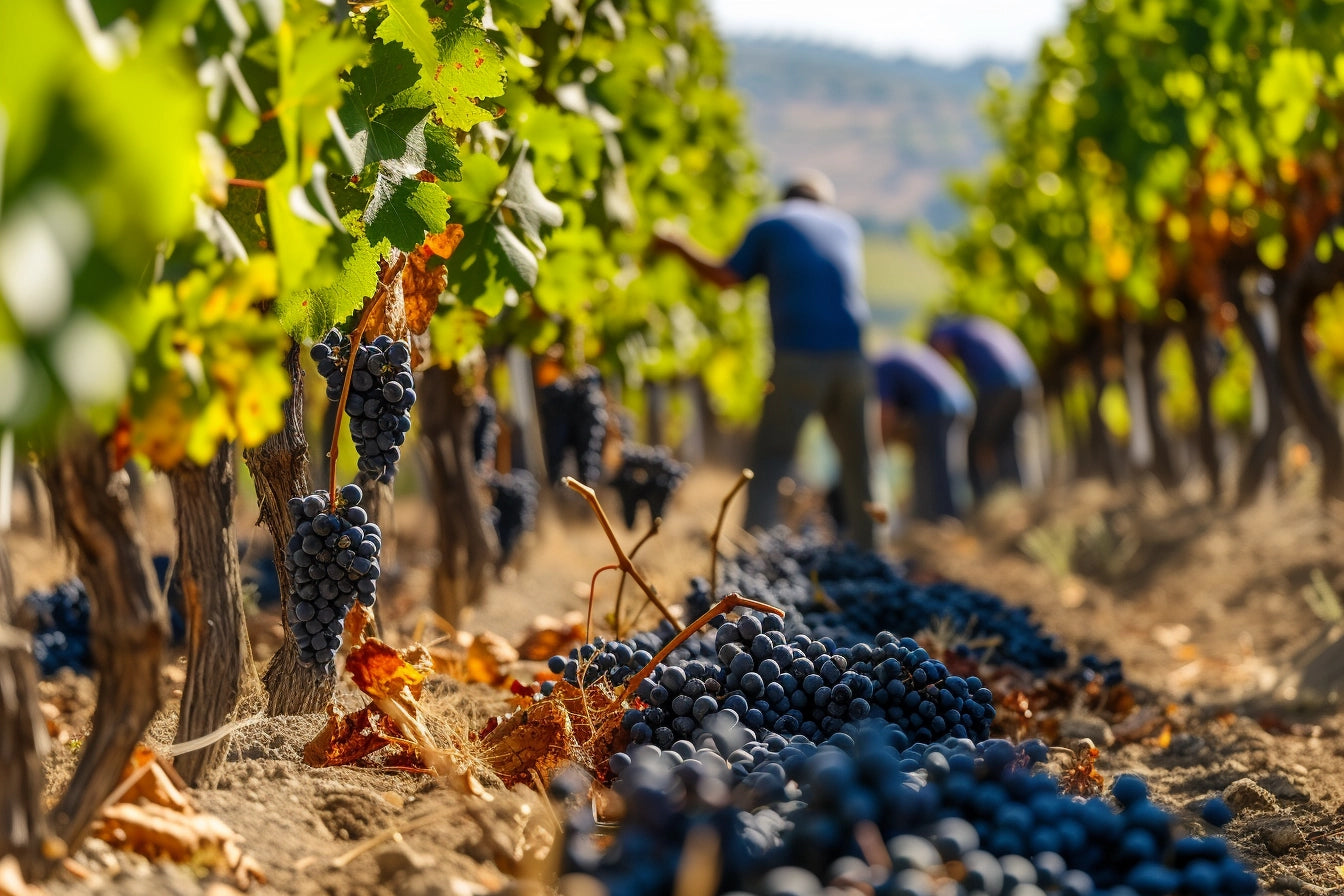Pumpkins are a true symbol of autumn – both in the kitchen and in seasonal decor. Here's a guide to the most common edible pumpkin varieties and how to use them in your cooking.
Popular Edible Pumpkin Varieties
Butternut Squash
Pear-shaped with beige skin and a sweet, nutty flavor.
Muscat Pumpkin (Musquée de Provence)
Ribbed and flat-round with deep orange flesh and a mild, sweet taste.
Hokkaido (Red Kuri)
Round and deep orange with edible skin. The flavor is rich and slightly nutty.
Spaghetti Squash
Oval and yellow. Its flesh turns into spaghetti-like strands when cooked.
Acorn Squash
Small and green (sometimes orange), with ribbed skin and a mild taste.
Crown Prince
Silvery-blue skin with firm, orange flesh and a sweet, rich flavor.
Sugar Pie Pumpkin
A small, classic pumpkin with naturally sweet flesh – ideal for baking.
What Can You Make with Pumpkin?
Pumpkin flesh is incredibly versatile and can be used in both savory dishes and sweet desserts.
Recipe ideas:
-
Soups and purées – creamy pumpkin soup with coconut milk or cream
-
Oven-roasted pumpkin – with olive oil, rosemary, and sea salt
-
Pumpkin pasta or risotto – blend into a silky purée for a flavorful base
-
Gratins and veggie fillings – especially with spaghetti squash or acorn
-
Baked goods and pies – pumpkin purée works great in muffins, bread, or classic pumpkin pie
-
Pumpkin butter or jam – sweet spreads for toast or pancakes
Tips for Cooking
Cut into chunks and roast to bring out sweetness and nutty depth
Add pumpkin purée to pancake batter or porridge for extra nutrition
Pair with spices like cinnamon, nutmeg, curry, or chili
Freeze puréed pumpkin in portions for easy meal prep
Did You Know?
Hokkaido and some other varieties have edible skin that softens when cooked
Pumpkin is rich in beta-carotene, vitamin C, and fiber
Roasted pumpkin seeds make a tasty and healthy snack




